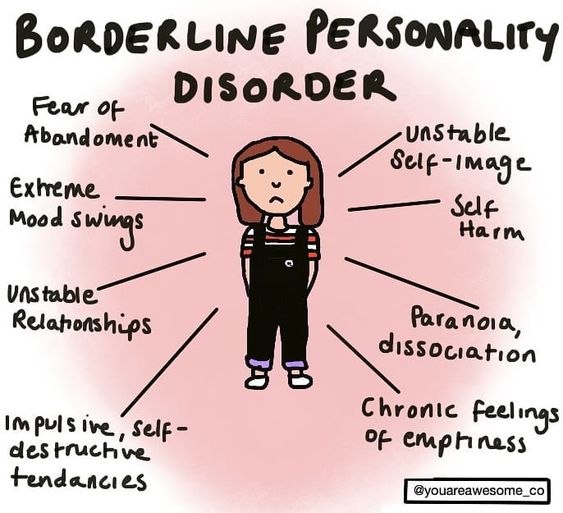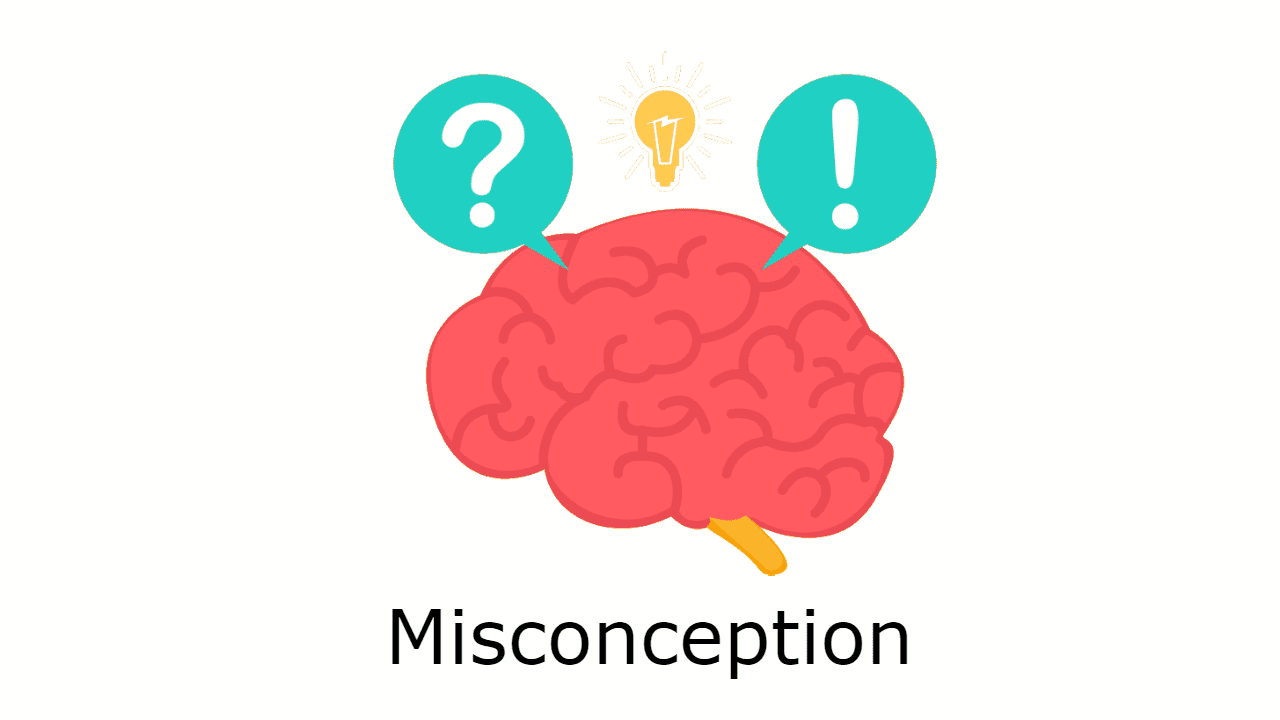What is borderline personality disorder?? Symptoms, Characteristics, and High-Functioning Traits
Introduction:
Borderline Personality Disorder (BPD) is a complex and frequently misunderstood intellectual health situation that influences about 1.6% of adults in the United States alone. Characterized by way of a sample of severe emotions, unstable relationships, and a fluctuating experience of self, BPD can appreciably influence an individual's daily life, private relationships, and overall well-being. In this comprehensive article, we will delve into the world of borderline character disorder, shedding mild on its symptoms, exploring the traits of people with BPD, and discussing the thinking of high-functioning BPD. By increasing recognition and understanding, we aim to smash the stigma surrounding BPD and grant assist for those residing with this difficult condition.
What are the Symptoms of Borderline Personality Disorder?
Borderline Personality Disorder manifests in a broad range of signs and symptoms that can differ in intensity and frequency among individuals. The hallmark signs and symptoms of BPD include:
1. Intense Fear of Abandonment: Individuals with BPD might also worry being deserted through their cherished ones and may also go to extraordinary lengths to avoid real or perceived rejection.
2. Emotional Instability: People with BPD frequently trip speedy and extreme shifts in mood, which can be prompted by way of apparently minor events.
3. Impulsivity: Impulsive behaviors such as reckless driving, substance abuse, binge eating, or excessive spending are common in folks with BPD.
4. Unstable Self-Image: A distorted and fluctuating experience of self often characterizes men and women with BPD. They may struggle with a lack of identity and uncertainty about their values, goals, and beliefs.
5. Self-Destructive Behaviors: Suicidal ideation and self-harming behaviors are no longer distinctive in individuals with BPD, especially all through instances of emotional distress.
6. Unstable Relationships: Individuals with BPD may additionally hostilities to keep steady and healthful relationships due to their emotional volatility and fear of rejection.
What is a Borderline Personality Person Like?
Living with BPD can be challenging, both for persons diagnosed with the situation and their cherished ones. Emotional volatility and extreme mood swings can make it difficult for these with BPD to manage their feelings effectively. They might also journey feelings of emptiness, loneliness, and emotional pain, leading to a steady need for reassurance and validation from others. In interpersonal relationships, individuals with BPD can also show off impulsive behaviors, such as alternating between idealizing and devaluing others, resulting in unstable dynamics.
While BPD can present full-size challenges, folks with this situation additionally show splendid strengths and resilience. They are frequently noticeably empathetic, creative, and passionate persons who ride feelings intensely. With suitable aid and treatment, folks with BPD can study to control their emotions and build healthier relationships.
What is High-Functioning Borderline Personality Disorder?
High-functioning borderline personality sickness is a term used to describe men and women with BPD who show up to feature exceedingly properly in positive areas of life, such as work, academics, or social interactions. These humans may also excel in their careers, keep friendships, and interact in day-by-day things to do except displaying overt signs of distress.
However, high-functioning persons with BPD regularly face interior emotional turmoil that they might also hide from others. They may additionally struggle to regulate their emotions effectively, ride severe mood swings in private, and interact in self-destructive behaviors in moments of distress. The ability to function at a excessive level in sure components of existence have to know not be misconstrued as an absence of emotional struggles or a lesser want for guide and understanding.
Assessment and Diagnosis of Borderline Personality Disorder
Diagnosing BPD requires a complete evaluation by using a qualified mental health professional. The diagnosis is commonly made based on the presentation of precise criteria outlined in the Diagnostic and Statistical Manual of Mental Disorders (DSM-5). A intellectual health professional will conduct a thorough contrast of the individual's scientific history, symptoms, and behaviors to determine if BPD is present. Early detection and accurate prognosis are integral for designing an gorgeous cure sketch tailor-made to the individual's needs.
Causes and Risk Factors of Borderline Personality Disorder
The development of BPD is in all likelihood influenced by way of a combination of genetic, environmental, and neurobiological factors. While the exact cause stays unknown, countless danger factors have been identified:
1. Genetics: Family records of BPD or different intellectual fitness problems can also amplify the chance of developing the condition.
2. Childhood Trauma: Individuals who skilled neglect, abuse, or different tense experiences at some point of childhood can also be at a greater risk of developing BPD.
3. Neurobiological Factors: Brain abnormalities and imbalances in neurotransmitters have been related with BPD.
4. Environmental Factors: Unstable or invalidating environments for the duration of childhood can contribute to the improvement of BPD.
Treatment Options for Borderline Personality Disorder
Effective therapy for BPD usually involves a multimodal strategy that addresses various factors of the individual's well-being. Evidence-based therapeutic strategies include:
1. Dialectical Behavior Therapy (DBT): DBT is a extensively used remedy especially designed to help humans with BPD control emotions, increase coping skills, and build healthy relationships.
2. Cognitive Behavioral Therapy (CBT): CBT can help folks pick out and regulate terrible thinking patterns and behaviors associated with BPD.
3. Medication: In some cases, medicinal drug may be prescribed to manage unique signs and symptoms of BPD, such as depression, anxiety, or temper swings.
4. Group Therapy: Group therapy can provide individuals with BPD an opportunity to connect with others who share comparable challenges, decreasing feelings of isolation.
5. Supportive Family Therapy: Involving family individuals in therapy can assist enhance conversation and create a supportive environment for the individual with BPD.
A holistic method that addresses the physical, emotional, and social components of the individual's lifestyles is necessary for successful management of BPD.
The Role of Support Systems in BPD Recovery
Having a sturdy assist machine is integral for humans with BPD. Loved ones, friends, and intellectual fitness professionals play a integral role in imparting emotional support, validation, and understanding. Creating an environment of empathy and non-judgment can drastically enhance coping mechanisms and foster resilience in those with BPD. Encouragement for searching for professional help and adhering to remedy plans is critical in the healing journey.
Stigma and Misconceptions Surrounding Borderline Personality Disorder
Unfortunately, BPD is regularly stigmatized and misunderstood, main to misperceptions about humans residing with the condition. Common myths encompass believing that humans with BPD are manipulative or incapable of change. It is vital to tackle these misconceptions and promote empathy and perception for individuals with BPD. By educating society about the complexities of this condition, we can spoil down the obstacles that prevent individuals from searching for help and support.
Conclusion:
Borderline Personality Disorder is a challenging mental fitness circumstance that requires grasp and help from society. By recognizing the symptoms, appreciation the traits of folks with BPD, and shedding light on high-functioning traits, we can foster a greater empathetic and inclusive environment for those residing with this condition. Early analysis and suitable treatment can lead to improved effects and a higher quality of lifestyles for humans with BPD. Let us work together to break the stigma surrounding BPD, promote mental fitness awareness, and provide aid for those navigating the complexities of this condition. With compassion and understanding, we can assist people with BPD lead gratifying and significant lives.
/IlloDot_BorderlinePersonalityDisorder-f574183ad68b468ba5489fbd3a1efdf4.png)







Comments
Post a Comment